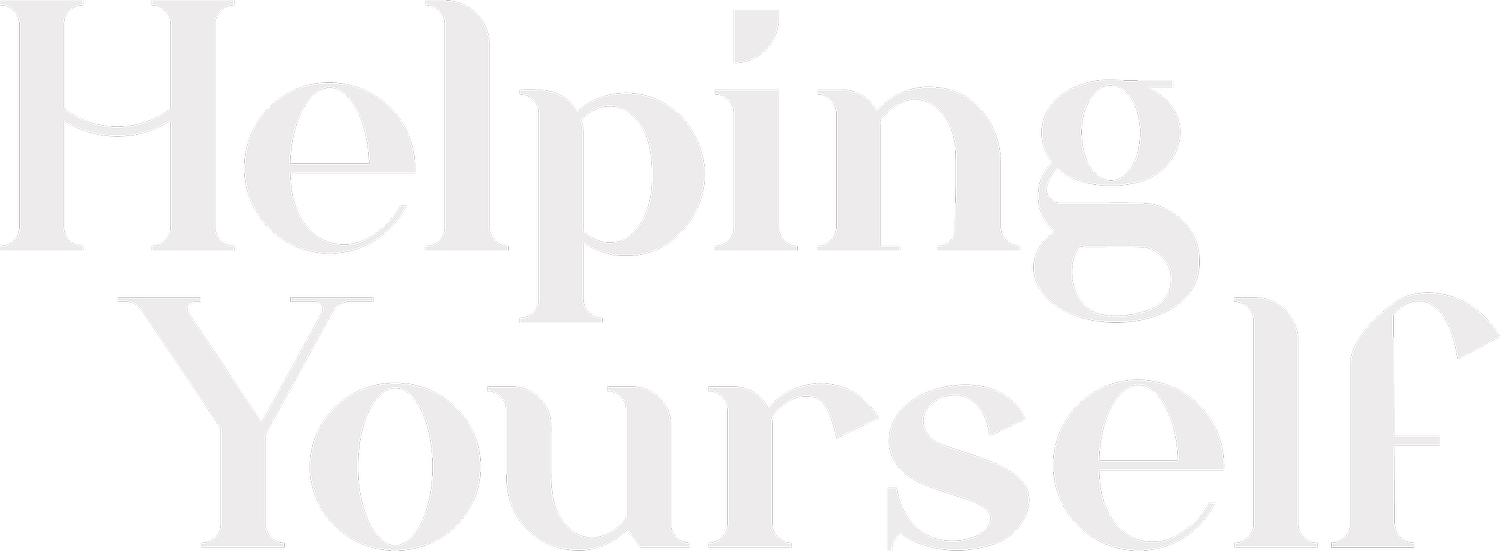Our relationship to food
Food & our relationship to it can be complicated. This relationship can change over time. If this is a struggle right now it might be worth looking into more. Below we have information and resources.
Professional Advice
Personal Experience
Ways to Learn More
What is a healthy relationship to food?
To have a healthy relationship with food means that one is able to eat for the reasons of physiological rather than emotional hunger and to stop eating at a point when the body and mind are truly satisfied. In order to have a healthy relationship with food, one must first have permission to eat. Source
2. Personal Experience
One person’s story about overcoming an eating disorder..
How long have your challenges with your relationship with food been happening?
About 16, when I became aware my body was changing. I began to notice the relationship between food and a change in physique../… I felt like ‘What have I done?’. From then on, a more negative relationship with food developed.
Has the challenge changed?
Over the years things repeatedly escalated and then went back to normal. At the time, I didn’t address anything.
It became obsessive compulsive, I needed counselling. I’d avoid meeting friends, shared meals, I was counting calories until last year.
Do you feel comfortable sharing your diagnosis?
• Yep, its’ a mixture of things: anorexia nervosa, orthorexia and body dysmorphia.
• What Orthorexia? It’s being obsessed with diet culture eating clean, diet mentality, wellbeing not eating any processed or bad foods, obsessing over sugar, protein, fats etc.
• I didn’t know until counselling, I need routine, I get anxious if things don’t happen as I expect.
Have you changed?
• Definitely, even compared to a year ago. Then I couldn’t see friends, because a lot of the time there would be food involved. I couldn’t talk to my parents properly.
• Now I eat more, I see friends, I’m not feeling guilty, I see my parents, my mood is different, I’m more energised.
Do you think photos and videos can be triggering?
• I used to link the way world saw me to the way I looked in a photo, even though it could be a bad angle. Photos videos, zoom, Skype, I'm so aware of that screen version of yourself - it’s triggering. I refused to take photos for a while, but you have to slowly but surely get used to yourself.
What are you most proud of about how far you’ve come?
• I’m able to ask for help when I need it and realise when I need help. I can check in with myself and go this is happening because of this and you need to say this to someone. That’s a turning point of recovery.
Any advice you’d give others who are struggling?
I found the book ‘The gifts of imperfection’ by Bréne Brown great. She’s a shame researcher with a nice way of thinking and she’s quite funny.
3. Ways to Learn More
Eve Lahijani- On changing her relationship to food and quitting dieting.. Read more about her experience here
for many of us, eating is anything but straightforward. What starts out as a biological necessity quickly gets entangled with different emotions, ideas, memories and rituals. Food takes on all kinds of meanings — as solace, punishment, appeasement, celebration, obligation – and depending on the day and our mood, we may end up overeating, undereating or eating unwisely.
Eating disorder resources
UK organisation Beat eating disorders provides helplines, chat rooms, local support and resources.
Please let us know any other topics you’d like us to cover.




